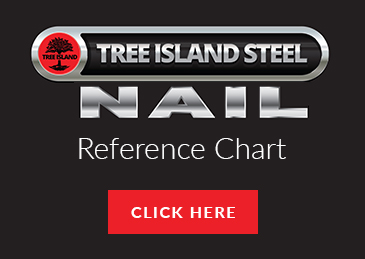How to Build Construction Contracts That Prevent Issues Down the Road
Despite everyone’s best intentions, the reality is that you and your construction clients are likely to disagree down the road. What’s even more frustrating is that sometimes they may disagree with something that you thought you’d already cleared up. In that case, the easiest way to deal with the disagreement is to look at the contract. But what if the contract isn’t comprehensive enough to give you the answers you need?
Get contract advice from an experienced builder
Every construction job is different and the contract for each will be different. That said, there are steps that you can take from every contract. At Grove Hardware, we’ve been in this business for a long time. While we’re not here to provide legal advice and do recommend that you work with an attorney to create a comprehensive contract template that works for your jobs, it’s also true that we have found a few key issues that are critical to include.
The goal of every construction contract is to be clear and comprehensive
There are two things you’re looking for in each construction contract: Clarity and comprehensiveness. You want it to be clear to both you and your clients what the contract means. After all, a contract won’t mean anything if you end up referring to it and still not finding a way to agree on it.
Below we’ll list some of the essential factors that should have their own paragraph within your contract. We also recommend that there should be single addenda for the following:
- Allowances
- Specifications
- Options
- Warranties
Depending on the scope of the job, you may want to break down specs by category and list them that way.
List who’s in charge
Make sure that your contact personnel are listed. In most cases this will include the job superintendent and the owner of the company. This helps prevent issues in which the owner comes back and says, “I talked to so and so about xyz, weren’t you in the loop?”
Clarify what happens with change orders
The best advice we have is to choose high quality job site supplies but our second best piece of advice is to make sure that you never move forward without a signature. This may be something as simple as a few words and a signature on an envelope, but if the client wants any change then they need to put it in writing.
Specify payment schedules
Our advice is that you shouldn’t be owed more than 10% when the job is completed. You may want to schedule weekly payments, or based on the percentage of work that’s done.
What if you can’t execute this contract for a job?
What happens if you’re in a situation and you can’t get an A Grade contract plus specs for a project? The best option is to not move forward with the project. The reality is that if you don’t have a comprehensive contract in place, you’re the one taking on the risk and liability. Be sure to stop by Grove Hardware for all your construction hardware needs.



































